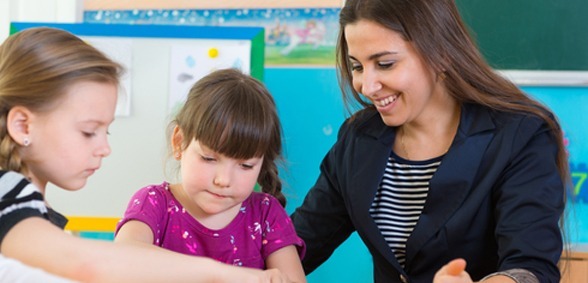
New study suggests that teachers who antagonise or belittle students can have a negative impact on their education
Teachers who antagonise their students by belittling them, showing favouritism, or criticising their contributions can damage students’ learning potential, a new study published in Communication Education warns.
Investigating the influence of teacher ‘misbehavior’ on student learning, a team of communication experts set up a teaching experiment in which 500 undergraduate students watched a video of a lecture.
Randomly split into two groups, the participants watched either a lesson with teacher antagonism present or a standard lesson without antagonism. The participants then answered a series of questions about the content before completing a multiple-choice test.
Comparing the test scores of the two groups, researchers found that the antagonism group performed worse than the standard group. Test scores were up to five per cent lower for those who watched the lesson with antagonism because they disliked what they were learning.
What’s more, students who faced teacher hostility were less likely to put as much effort into learning as those who did not witness antagonism and were unwilling to take part in future courses taught by hostile teachers.
What’s more, students who faced teacher hostility were less likely to put as much effort into learning as those who did not witness antagonism and were unwilling to take part in future courses taught by hostile teachers.
Study leader, associate Professor of communication studies Alan Goodboy, stressed the longer-term negative consequences of teacher misbehaviour for student learning: “Even slight antagonism, coupled with otherwise effective teaching, can demotivate students from being engaged and hinder their learning opportunities. So, even one bad day of teaching can ruin a student’s perception of the teacher and create an unnecessary roadblock to learning for the rest of the term.”
Teachers should, therefore, be especially careful to prevent negative behaviour from seeping into the classroom.
“Antagonism can come into classrooms unexpectedly and suddenly, even without the knowledge of the teachers themselves,” Goodboy added.
“We, therefore, need to ensure that future teachers are better equipped to recognize when antagonism may be creeping in, focusing on how antagonism manifests itself and working on developing more positive ways of interacting with students, even during times of disagreement.”
Don’t forget to follow us on Twitter, like us on Facebook, or connect with us on LinkedIn!

Be the first to comment